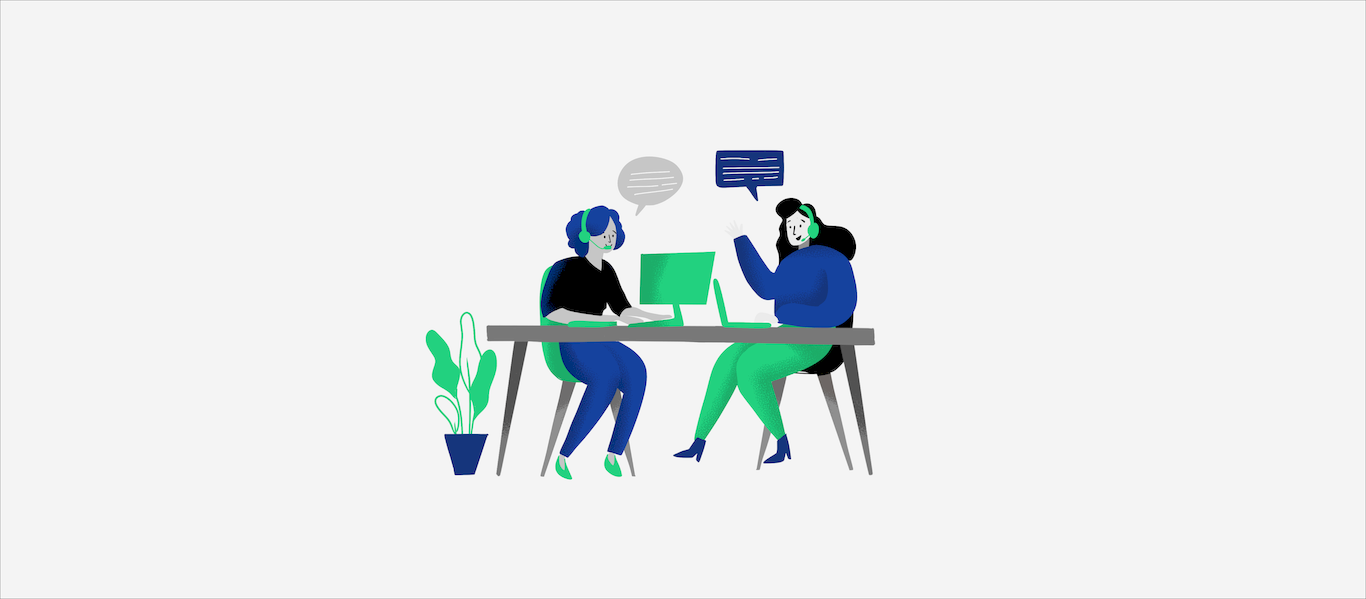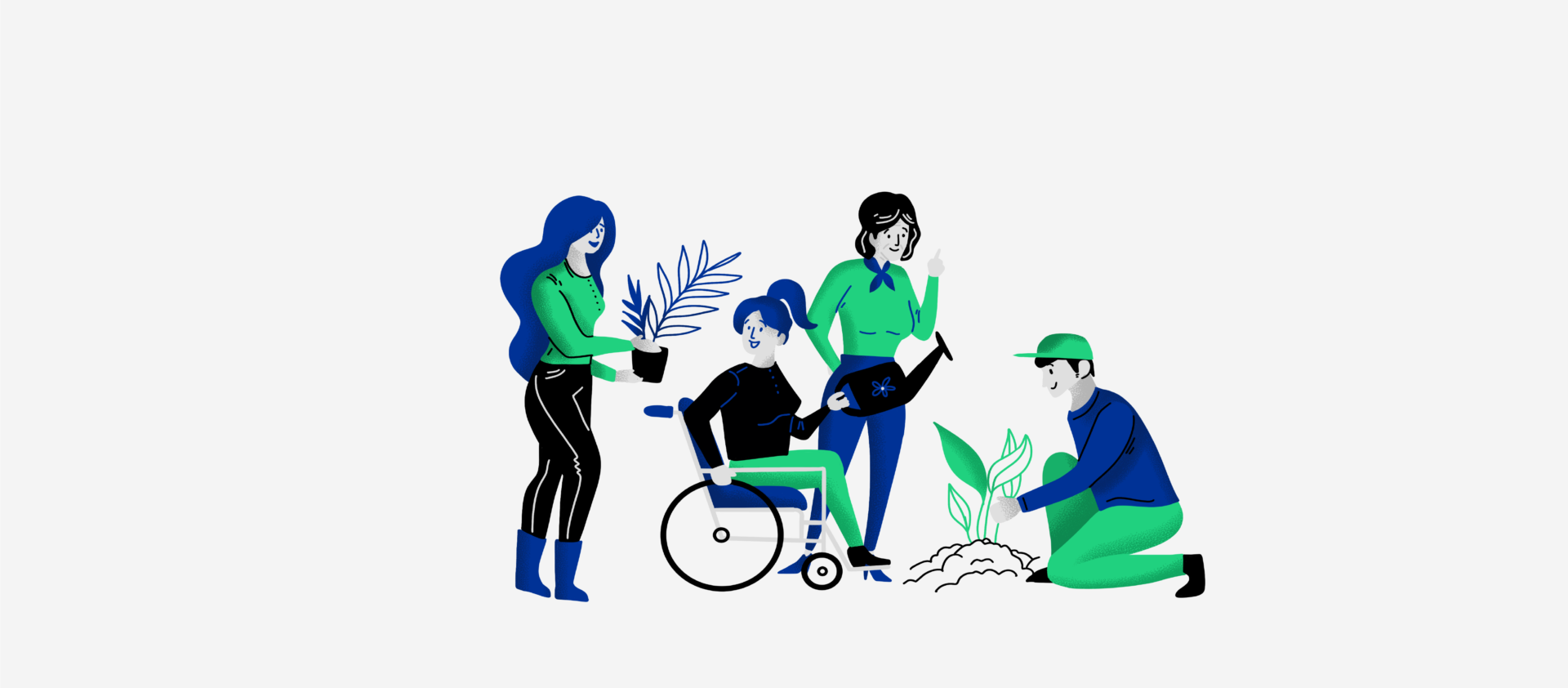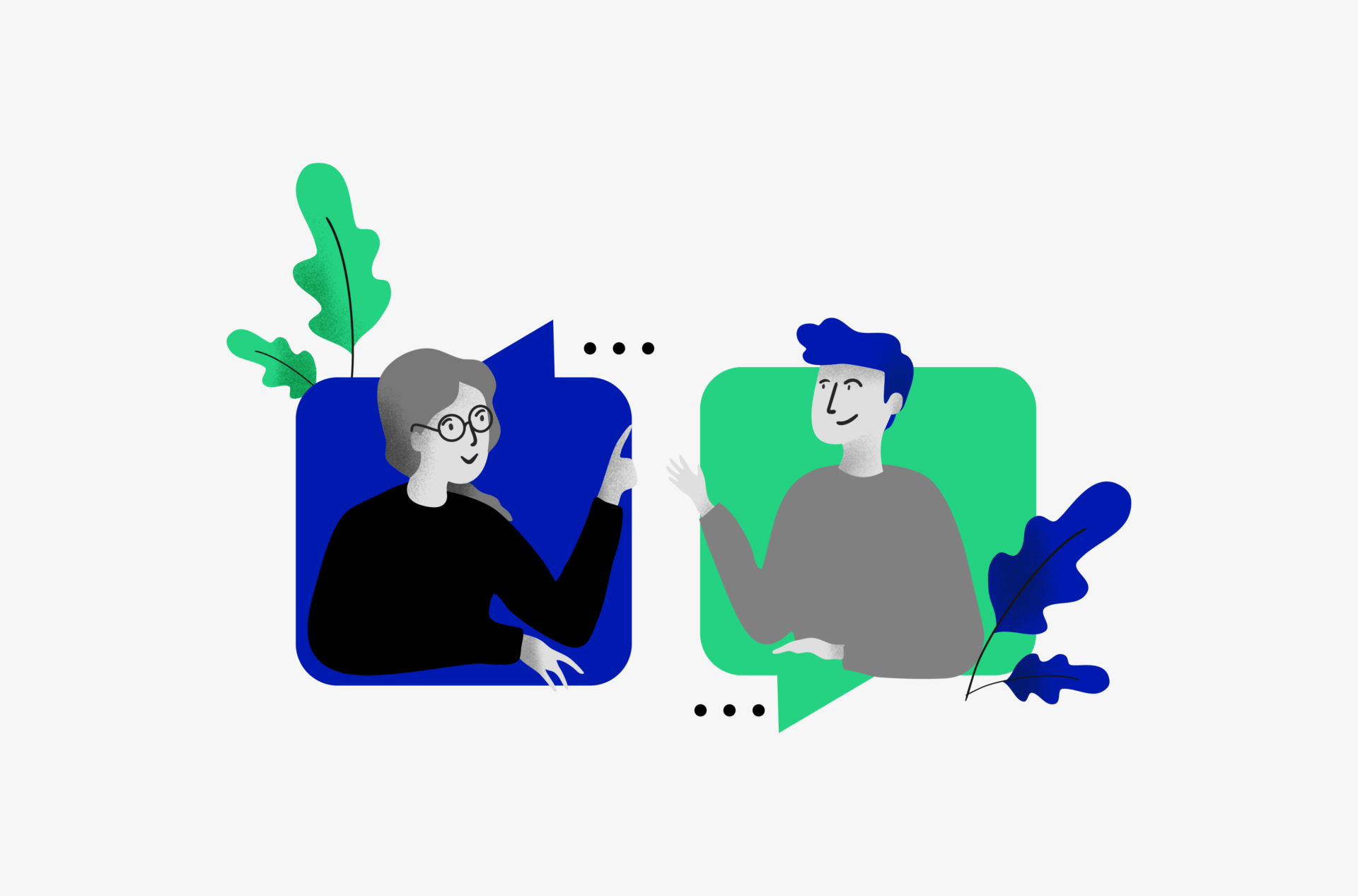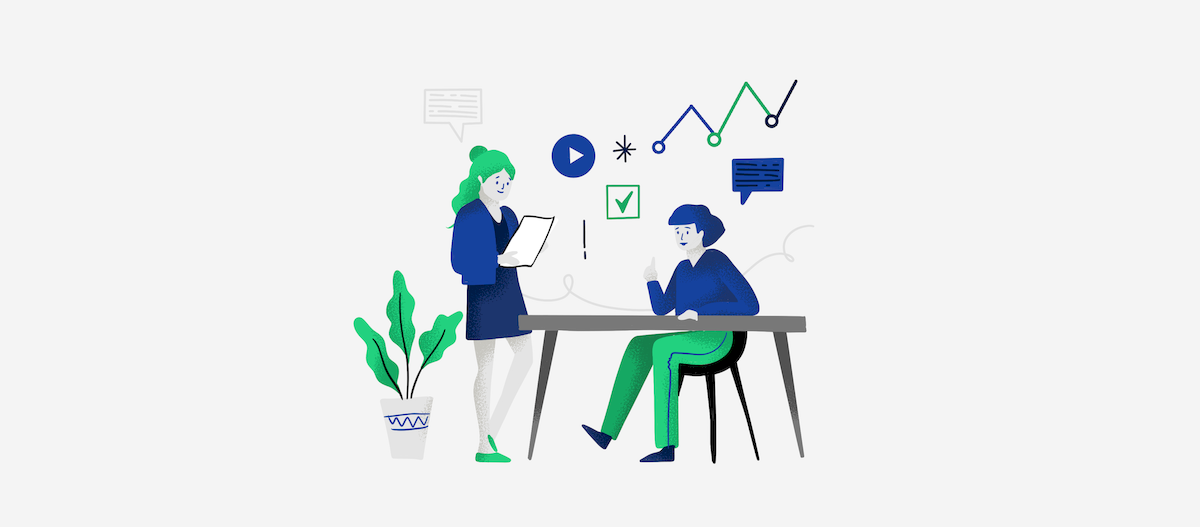What is diversity, equity and inclusion (DEI) in a non-government organisation? How do we prevent discrimination and how do we respond to it if it does occur? How do we ensure accessibility of our activities, including for people with disabilities? Join us in a series of webinars starting on 31 January.
Why DEI?
The topics of social diversity, inclusion, equity or anti-exclusion have been present in the NGO sector for a long time. Organisations active in these areas often specialise in working with specific groups, advocating for them in their community. Of course, many organisations have been set up to pursue other, no less important, objectives and the topic of diversity does not seem to concern them on a daily basis.
DEI is an approach that is gaining popularity across sectors because it has solid benefits. Research conducted in the business sector points out that broadly defined social diversity can be an important factor in strengthening an organisation and supporting its growth. Teams and organisations that are diverse, yet fair and inclusive, are more creative and able to respond to the challenges and needs of different groups of beneficiaries. What is important is that new and talented people are more likely to join such teams and stay for longer.
Regardless of what thematic areas you are dealing with and who your beneficiaries are, we encourage you to look at diversity as a potential in your communities and teams. This potential is already present, although it is not always visible at first glance. Our webinars will provide an introduction to the topic of DEI and they will suggest you how to increase inclusivity and social justice in your workplace and organisational operations, while responding to challenges related to the topic of diversity.
For whom
We invite representatives of NGOs, whether they are managers or part of teams. However, we are convinced that the series of webinars will be also interesting and useful for people representing other organisations and institutions.
Experts
The speakers will be female experts and practitioners from the NGO sector, who have been dealing with the topics of DEI, anti-discrimination and accessibility for years.
The experts will be:
- Martyna Markiewicz – trainer, member of the Board of Ashoka in Poland, a DEI leader at the European level of Ashoka. She supports networks, organisations and individuals who strive for social change, focusing mainly on the areas of gender equality and diversity, inclusion and social justice. She created and leads Ashoka’s international education process on DEI’s relationship to social change: Diversity, Equity and Inclusion Learning Journey.
- Karolina Kędziora – legal adviser, president of the Polish Society of Anti-Discrimination Law, certified anti-discrimination trainer. Co-author of numerous publications on legal protection against discrimination and mobbing. She advises business, offices, NGOs and universities on effective forms of counteracting discrimination, sexual harassment and mobbing.
- Anna Żórawska – President of the Kultura bez Barier Foundation. Trainer and co-author of documents and guides on accessibility, consultant of strategic documents for urban policies. Initiator of the Network of Leaders of Accessibility, organiser and producer of the Kultura bez Barier Festival. Member of the Accessibility Council of the Ministry of Development Funds and Regional Policy.
Schedule of events
We encourage you to participate in the whole series, but you can also attend selected meetings (separate registration applies for each).
Webinar: DEI in NGOs – why is it worth doing it and where to start?
Speaker: Martyna Markiewicz
Date: 31 January 2024 (Wednesday)
Hours: 11:00-12:00
Read more and register here
Webinar: Anti-discrimination standards in an NGO
Speaker: Karolina Kędziora
Date: 14 February 2024 (Wednesday)
Hours: 11:00-12:00
Read more and register here
Webinar: Accessibility standards in an NGO
Speaker: Anna Żórawska
Date: 21 February 2024 (Wednesday)
Hours: 11:00-12:00
Read more and register here
Tool and availability
The webinars will be hosted on the Zoom platform and will be translated live into Polish Sign Language.
Recordings of the webinars with closed captions will be made available on the Programme website (in the “Library” section) and on the Programme’s YouTube channel.




